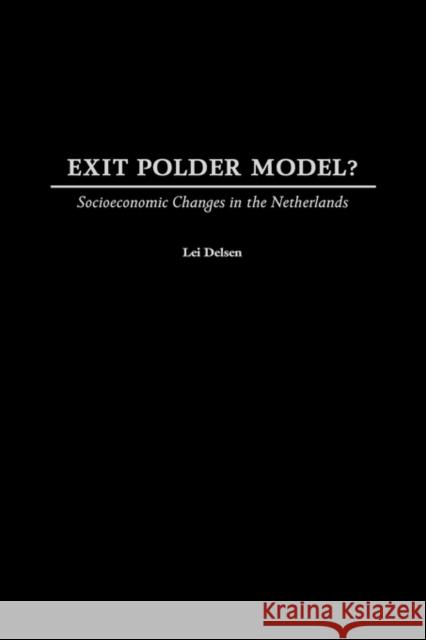Exit Polder Model?: Socioeconomic Changes in the Netherlands » książka
Exit Polder Model?: Socioeconomic Changes in the Netherlands
ISBN-13: 9780275977009 / Angielski / Twarda / 2002 / 240 str.
To what does the Netherlands owe their recent economic success? Will the polder model become the victim of its own success or will the threat come mainly from outside? In the Netherlands, polder are small communities hemmed in by dykes built to resist quickly rising tides, and hence imply communal effort to mediate harmful outside forces. Translated into economic terms, the polder model entailed tripartite cooperation between business, government, and labor to protect the nation's economic and social well being. Delsen evaluates recent changes in the Dutch economy brought on by globalization and American dominance and concludes that the polder model is reaching its end.
Delsen argues that the market forces introduced by the purple governments imply a far-reaching adaptation of the unique Dutch economic order. The primacy of the market has resulted in a more flexible labor market, decentralization of the wage formation, modernization of the social security system, more competition on the goods markets, and liberalization and competition in the financial markets. More market forces within Dutch socioeconomic relations imply also that the aims of trade and industry have changed, and have become oriented toward short-term results and away from actions aimed at long-term continuity and consensus.











